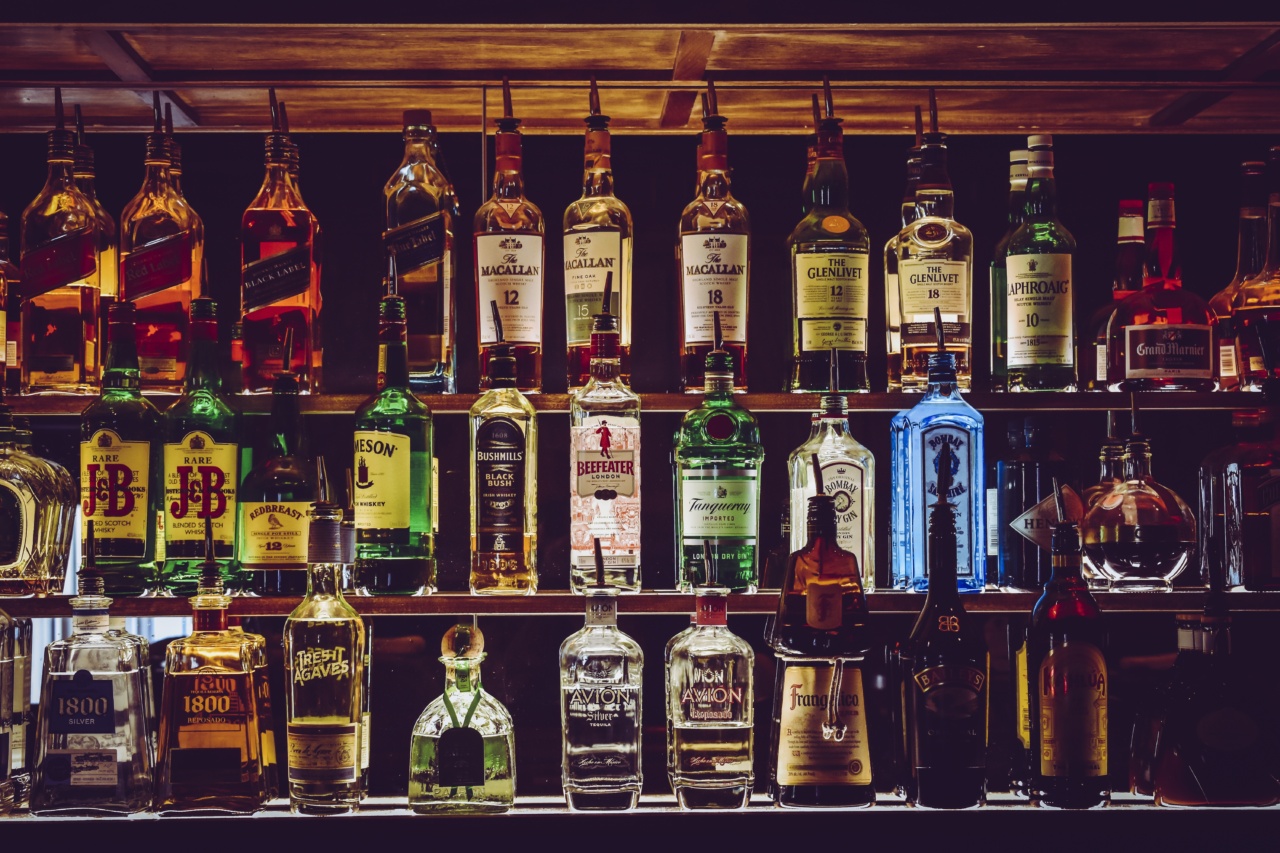When it comes to drinking alcohol, there are many myths and theories surrounding its effects on the body.
One popular belief is that the sequence in which you consume different types of alcohol, particularly beer and wine, can affect your level of intoxication. Some people swear by the idea that starting with one type of alcohol and then switching to another will result in a milder hangover or prevent excessive drunkenness.
But is there any truth to this notion? Let’s explore the science behind the sequence of beer and wine and its impact on alcohol intoxication.
Understanding Alcohol Intoxication
Before we delve into the topic of beer and wine sequence, it’s important to grasp the concept of alcohol intoxication itself.
Alcohol acts as a central nervous system depressant, affecting various regions of the brain and leading to a wide range of effects, including decreased inhibitions, impaired judgment, and reduced motor coordination.
The Role of Ethanol
Regardless of the source, whether it’s beer, wine, or spirits, alcohol’s intoxicating effects primarily come from the presence of ethanol.
Ethanol is the type of alcohol found in alcoholic beverages and is responsible for the psychoactive properties that affect our behavior and cognition.
Factors Affecting Intoxication
While the sequence of drinking beer and wine may not have a significant impact on intoxication levels, several other factors play a crucial role in determining how alcohol affects individuals.
1. Alcohol Content
The alcohol content of a particular beverage is one of the primary factors influencing intoxication. Beers generally contain a lower alcohol percentage compared to wines or spirits.
As a result, consuming the same volume of beer will typically result in a lower concentration of alcohol in the blood compared to wine.
2. Speed of Consumption
The rate at which you consume alcohol greatly impacts your body’s ability to metabolize it. Rapid consumption, such as taking shots or drinking in quick succession, can overwhelm the liver’s capacity to metabolize the alcohol efficiently.
This can lead to a faster rise in blood alcohol concentration (BAC) and a more pronounced state of intoxication.
3. Gender
Another crucial factor affecting alcohol intoxication is gender. Women often have a lower body water percentage and fewer enzymes involved in alcohol metabolism, making them more sensitive to the effects of alcohol.
This means that, on average, women tend to feel more intoxicated after consuming the same amount of alcohol as men.
4. Body Weight and Composition
A person’s body weight and composition play a significant role in alcohol metabolism. Generally, individuals with higher body weight have more water content, which helps dilute the alcohol and reduce its effects.
Moreover, muscle mass plays a role too, as alcohol tends to distribute less in muscle tissue compared to fat tissue.
5. Food Consumption
Drinking alcohol on an empty stomach can lead to faster absorption and higher BAC levels. Consuming food, especially those high in fat and protein, can delay the absorption of alcohol and slow down its effects.
This can help prevent rapid intoxication and minimize the risk of excessive alcohol consumption.
Debunking the Beer and Wine Sequence Myth
Now that we understand the various factors influencing alcohol intoxication, we can address the popular belief about the sequence of beer and wine.
Contrary to common belief, there is no scientific evidence to suggest that the order in which you consume beer and wine affects your level of intoxication or the severity of a hangover.
While individual experiences may differ, the primary determinants of alcohol intoxication are the factors mentioned above, not the specific order of alcohol consumption.
The amount, concentration, rate of consumption, and other factors outlined earlier have a more significant impact on your body’s response to alcohol than the sequence itself.
Personal Factors and Alcohol Sensitivity
It’s also worth noting that personal sensitivities to certain types of alcohol or ingredients can influence an individual’s perception of intoxication.
Some people may react differently to certain alcoholic beverages due to specific allergens, sensitivities, or underlying health conditions. These individual differences can influence how someone feels after consuming different types of alcohol, but the sequence itself is unlikely to be the primary cause.
Conclusion
In conclusion, the sequence of beer and wine does not have a significant impact on alcohol intoxication.
Factors such as the alcohol content, speed of consumption, gender, body weight and composition, and food consumption play a more substantial role in how alcohol affects individuals. Moreover, personal sensitivities and overall alcohol tolerance also contribute to the individual experience. It’s essential to understand these factors to drink responsibly and make informed decisions about alcohol consumption.




























